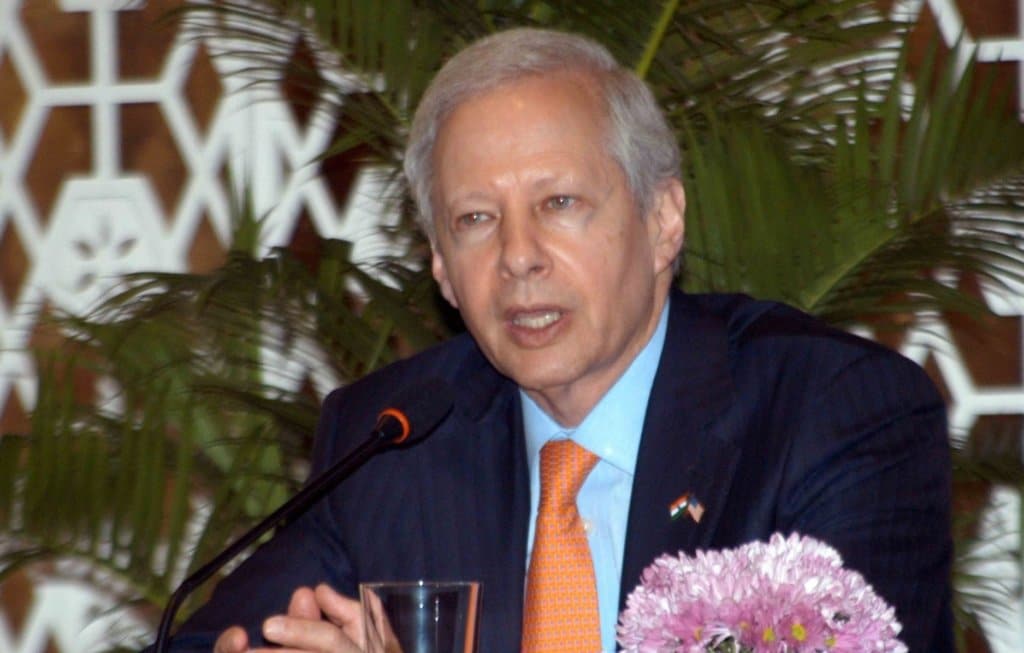Shortly after the Donald Trump administration announced a $1.3 billion cut in security aid to Pakistan, United States ambassador to India Kenneth Juster and Foreign Secretary S Jaishankar are reported to have met in New Delhi to discuss the repercussions of the decision on the region.
The meeting took place on Jan. 5, but the Indian Ministry of External Affairs did not release an official statement about it, the Hindu reported.
The decision of the United States came earlier on Jan. 4 when it announced that all its security assistance to Pakistan would be suspended unless the country keeps good its promise to act against terror groups operating from its territory.
“It is a welcome first step. [We] hope it will get Rawalpindi (Pakistan’s military) thinking,” the Hindu reported a senior official as saying.
The United States has foolishly given Pakistan more than 33 billion dollars in aid over the last 15 years, and they have given us nothing but lies & deceit, thinking of our leaders as fools. They give safe haven to the terrorists we hunt in Afghanistan, with little help. No more!
— Donald J. Trump (@realDonaldTrump) January 1, 2018
On Jan. 6, the United States said that “all options” are on the table with regards to Pakistan, which has been repeatedly told to take action against the Taliban and the Haqqani network and dismantle their safe havens.
“The US does have a range of tools that we’re looking at beyond just the security assistance issue to deal with Pakistan and to try to convince it to crack down on the Taliban and Haqqani network,” a senior Trump administration official told reporters.
“Certainly no one should doubt the US resolve to address this threat and all options I would say will be on the table,” said the official, according to the Press Trust of India.
The United States has said that it’s making unilateral decisions against Pakistan. It also did not mention Lashkar-e-Taiba and Jaish-e-Mohammad, terrorist groups that target India, in its statement against Pakistan. The U.S. decision was reportedly not related to the release of Lashkar-e-Taiba chief Hafiz Saeed from house arrest in Pakistan. “To my knowledge, that has nothing to do with that,” State Department spokesperson Heather Nauert said on Jan. 4.
In response to U.S. decision, Pakistan’s Foreign Minister Khwaja Asif tweeted, “You ask what we’ve done? From our bases you carried out 57,800 attacks on Afghanistan… thousands of our civilians and soldiers became victims of the war initiated by you. History teaches us not to blindly trust the US… [we] will not compromise our dignity anymore.”
The strong stance taken by the United States is in line with its National Security Strategy and the South Asia strategy. While improving security ties with India, the United States had said that it wants India to play a leadership role in the South Asian region and the Indian Ocean. Also, by forming the Quadrilateral agreement with India, Australia and Japan, the United States further enforced its decision to see a strong “Indo-Pacific” region.
